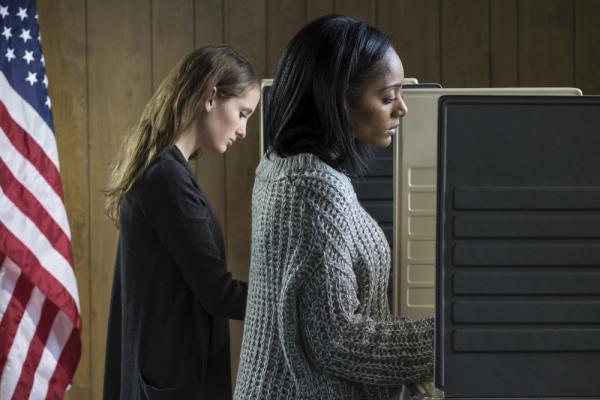Apr 26, 2016
A judge upheld North Carolina’s controversial election laws on April 25, reports The New York Times.
The ruling comes months before a presidential election in a state that narrowly went to Barack Obama in 2008 and to Mitt Romney in 2012.
Read the Full Article

Already a subscriber? Login
